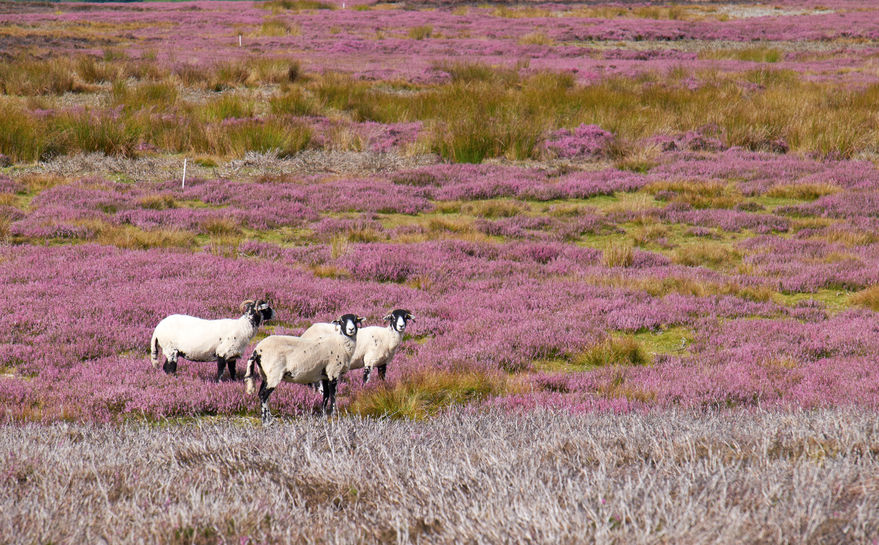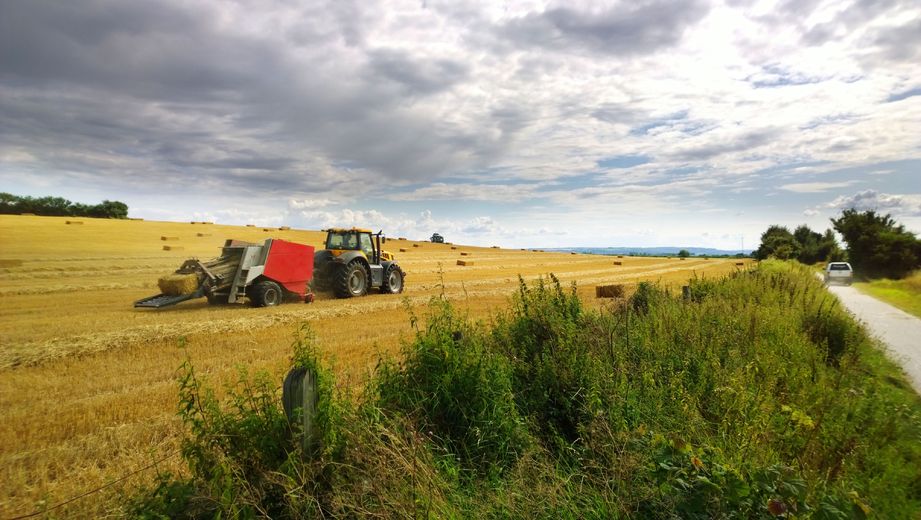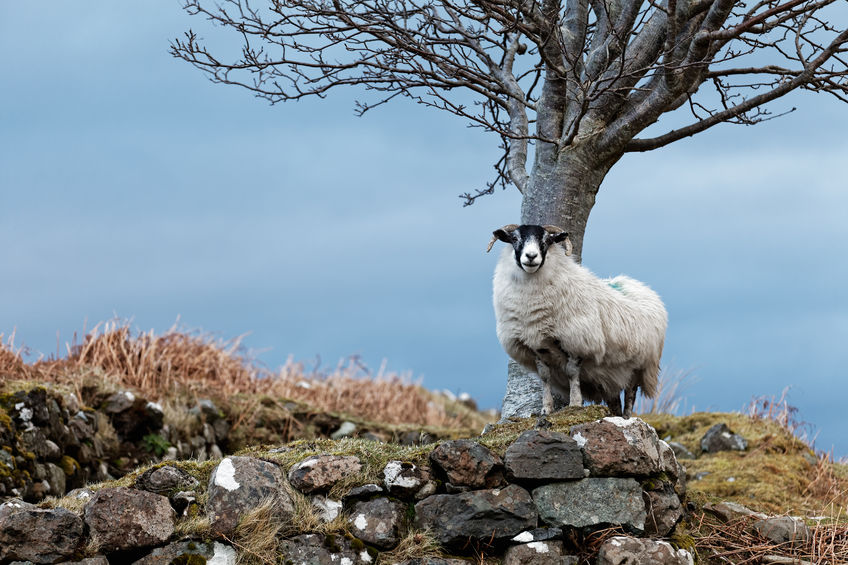
Farmers are the workforce that will 'protect' and 'enhance' the British environment now and in the future, an inquiry into environmental policy post-Brexit will hear.
That is the message from the CLA, which represents landowners and farmers, as it appears before an influential inquiry into post-Brexit policies.
The CLA is due to appear before MPs in the Environmental Audit Committee today (11 October).
The Committee is holding an Inquiry into the future of the natural environment post-Brexit and CLA Deputy President Tim Breitmeyer will put forward the case for a new food, farming and environmental policy to balance the objectives of improving the environment and producing high quality affordable food.
Mr Breitmeyer, who farms in Cambridgeshire, said: “It is the thousands of farmers working the land from dawn to dusk that help to improve our environment.

“Developing policy that delivers the best outcomes for the environment must have farming at its heart.
“Only by supporting a resilient and profitable farming sector can we hope to ensure that there are the people and resources in place to protect and enhance our natural environment post-Brexit.
“There is no binary choice between supporting a thriving farming sector and delivering the best outcomes for the environment.
“As the country prepares for Brexit it is vital that the government commits to establishing a ring-fenced, UK-wide and world-leading food, farming and environmental policy which allows farmers and land managers to provide a wide range of environmental public goods and enhancements, alongside producing food.”
'Environmentally-beneficial farming'

The Green Party have in the past campaigned for reforms to the Common Agriculture Policy calling for a farming support policy which betters the environment, as part of their post-Brexit policies.
They have also called for a ceiling for farm payments of €100,000 a year, allowing more money to go towards supporting a shift to smaller scale sustainable farming and creating long-term employment in rural economies.
Molly Scott Cato, Green MEP for the South West said: "The government has failed to outline its vision for British farming following the vote to withdraw from the EU, but shows worrying signs it will try and take us down a route to intensify our farming industry.
"There is also the risk of losing the environmental protections pioneered in the EU, such as the Birds and Habitats directive.
"We must also acknowledge the huge and important part farming can play in averting climate chaos by capturing carbon.
"So, this is a critical time for small scale farmers, environmental campaigners and progressive politicians to seize the moment and help shape a healthy, economically sustainable and environmentally-friendly agriculture sector for the future."
Sue Armstrong-Brown, policy director at Green Alliance, said the old CAP subsidy-and-grant approach is "inadequate" to deal with the pressures on land and the realities of farm economics.
"The potential market for environmentally-beneficial farming could be worth millions – far more than the £400million available to farmers through government agri-environment schemes," Miss Armstrong-Brown said.
"We need to make farming part of the way the environment is returned to health, and that means making good environmental management pay."
The conservation charity National Trust believes a focus on protecting and enhancing the ‘natural assets’ on which food production depends will open farming to new environmental markets that make it profitable and rewarding to manage land sustainably.
Producing great food and supporting the environment
Patrick Begg, rural enterprises director at National Trust, said farmers should be paid "fairly" for "producing great food" in a way that supports the long term health of British farmland.
"The Natural Infrastructure scheme is about creating a market for services from farming that today go unrewarded," Mr Begg said.
The Natural Infrastructure Scheme (NIS) is an area-based market in avoided costs, delivering environmental improvements by bringing together groups of land managers to sell ecosystem services to groups of beneficiaries.
The report was launched in September at the Royal Society in central London.
"Reducing flood risks, improving water quality and creating homes for wildlife, while at the same time opening up new revenue opportunities for farmers," Mr Begg continued.
Christopher Price, director of policy at CLA, said that every day, alongside agricultural production, farmers and landowners deliver "valuable" environmental services such as reducing flood risk and helping tackle climate change.
"If we can connect, via markets and incentives, those who benefit with the land managers who do the work, then there is a real opportunity to grow this type of work and to amplify the benefits it delivers," Mr Price said.
CLA Deputy President Tim Breitmeyer is due to appear in front of the Committee on Tuesday, 11 October at 11.15am. The session will be televised on Parliament TV here.
